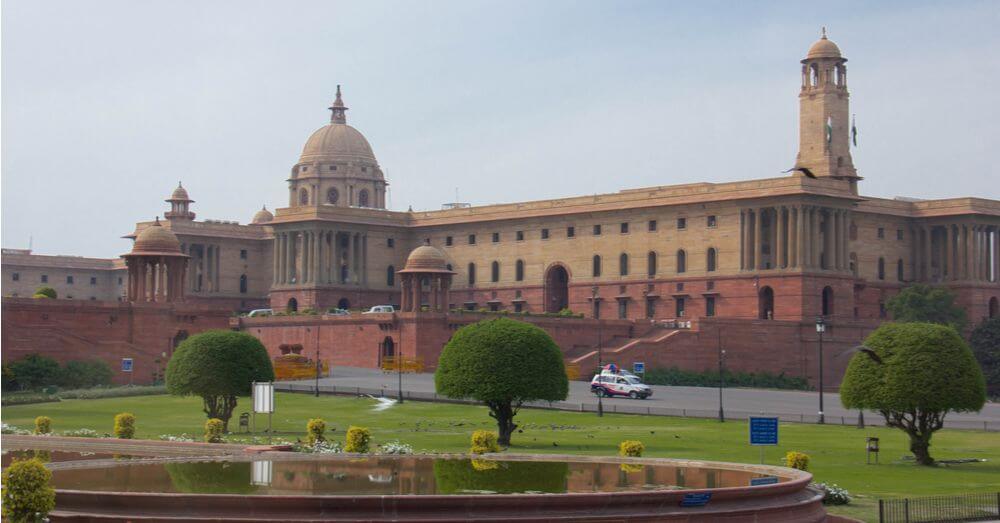
This new draft law may be a crippling blow to investors, exchanges, and other entities that deal in cryptocurrencies
India is reconsidering a ban on cryptocurrencies, with the government believing that a legal framework would be more effective than a circular from the country’s central bank, the Reserve Bank of India (RBI) in this regard.
A senior government official revealed that “a note has been moved (by the finance ministry) for inter-ministerial consultations.”
The move for the draft cabinet note was inspired by the March 4 decision of the Supreme Court to quash the RBI’s circular from April 2018 that barred banks from giving services in support of cryptocurrencies, the official explained.
This note will be sent to the cabinet after consultations and afterwards will escalate to parliament. Assuming it runs along similar lines as the earlier proposal, experts believe that the law will deal a heavy blow to investors, exchanges and other entities that are dealing in virtual currencies such as Bitcoin.
In July 2019, a high-level government panel prepared a draft law calling for a ban on all forms of private cryptocurrencies. This law suggested a fine of up to 25 crore (roughly $3,000,000) and imprisonment that could amount to 10 years for anyone dealing in them.
During this time, the court conceded that “while we have recognised the power of the RBI to take a pre-emptive action, we are testing in this part of the order the proportionality of such measure, for the determination of which RBI needs to show at least some semblance of any damage suffered by its regulated entities. But there is none.”
This ruling was what lifted the de facto ban on trading in Bitcoin and other related instruments. It also prompted startups to consider reviving their plans to invest and expand business in India.
However, several banks have refused to process payments for currency trades in India or overseas in the absence of any specific communication from the RBI after the decision of the Supreme Court. Regardless, experts also concede that this has not stopped transactions from taking place through other channels.
Amit Maheshwari, a partner in AKM Global, believes that the draft rules in the July 2019 proposal were too harsh.
The proposed legislation would make it “illegal to hold, sell, issue, transfer, mine or use cryptocurrencies and, if passed in the current form, would completely decimate the crypto-industry in India.”
Maheshwari expressed hopes that the government would consider conducting stakeholder consultations and avoid implementing the bill in its present form.

